Why 'Shakespeare deniers' pay a compliment to the Bard
Shakespeare's birthday was celebrated this week, but the idea he didn't write his plays won't go away
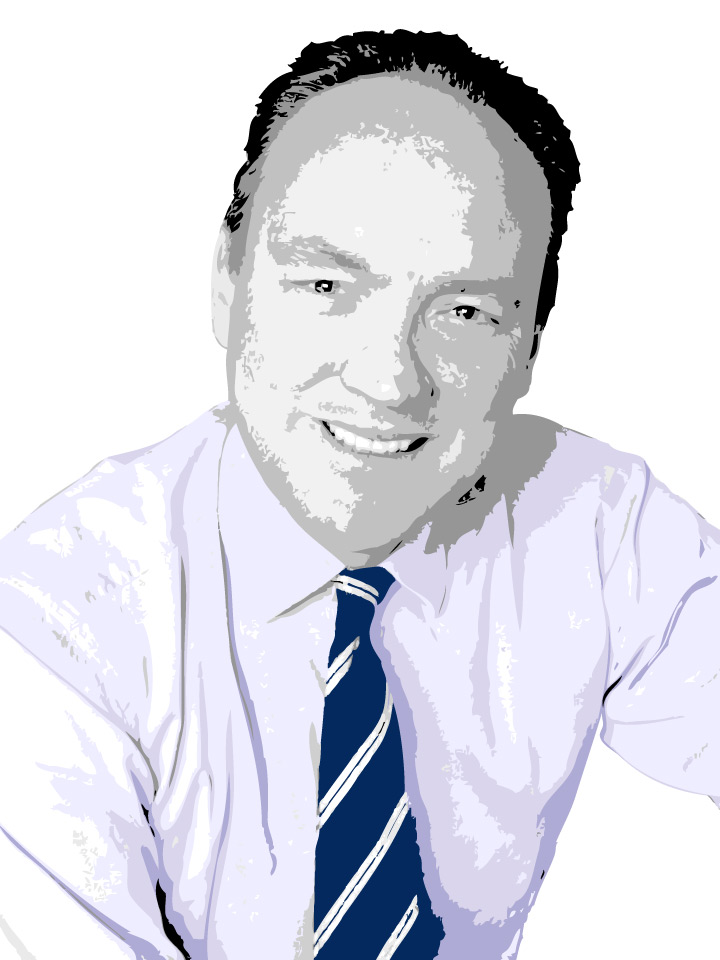
A free daily email with the biggest news stories of the day – and the best features from TheWeek.com
You are now subscribed
Your newsletter sign-up was successful
"MR POWELL, sir, I have enjoyed your lecture to us on why Shakespeare could not in truth have been the author of the plays usually attributed to him, and that they must have been written by a highly educated man with an influential position at court. But I detect a theme in your arguments – snobbery. You just can't accept that the most sublime dramatic poetry ever could have been written by the son of a Stratford Glover."
Enoch Powell's famous blue eyes flashed annoyance but he answered my question courteously. It was 1978 and he had just delivered a lecture to our school literary society on his theories about the real author of the plays.
He was a mystery guest - if word had got out that he had been invited to the school the security implications would have been difficult. We only found out it was him at the pre-lecture drinks party where he was both charming and charismatic.
The Week
Escape your echo chamber. Get the facts behind the news, plus analysis from multiple perspectives.

Sign up for The Week's Free Newsletters
From our morning news briefing to a weekly Good News Newsletter, get the best of The Week delivered directly to your inbox.
From our morning news briefing to a weekly Good News Newsletter, get the best of The Week delivered directly to your inbox.
It puzzled me at the time why such a brilliant man – Professor of Greek at Sydney University aged 25; promoted from private soldier to Brigadier during the war – should hold such a weird and wrong-headed opinion. How come a man who was right about so many other things was so wrong in this case?
It was only after the lecture that many of us realised Powell was not the only heretic. The list of Shakespeare deniers or, more properly, 'Anti-Stratfordians' is long and distinguished: Sigmund Freud, Charlie Chaplin and Malcolm X to name just three, while in our own day academics at Brunel University in Uxbridge and Concordia University in Oregon, even in these straitened times, both offer courses in Shakespeare authorship studies.
Three main candidates are usually proposed. First, there are the Baconians – those who back Sir Francis Bacon, the philosopher and scientist who became Lord Chancellor. He was a profound thinker and great prose writer but there is little evidence that he had any poetic talent. Nor did he have any particular connections with the theatre though he would certainly have been exposed to drama at Gray's Inn and the court. Given his demanding legal career it seems unlikely that he would have had the spare time to produce the Shakespearian canon.
To the irritation of purist Baconians some of their fellow travellers have come up with even more extravagant theories – 'Groupists' who believe Bacon was involved in writing the plays but only as part of an aristocratic (of course) syndicate. Others believe the plays were actually written not by Bacon but by his secret real mother – Queen Elizabeth I. Some Baconians, on their journey of discovery, have even come to believe that it was all the other way around – Shakespeare wrote Bacon.
A free daily email with the biggest news stories of the day – and the best features from TheWeek.com
Then there are the Marlovians – those who back the Elizabethan dramatist Christopher Marlowe as the true author not only of the marvellous plays in his own name but Shakespeare's also. This is the one group unmotivated by social snobbery as Marlowe's father was a Canterbury shoemaker. But intellectual snobbery may be at work - Marlowe, unlike Shakespeare, was a university man (Corpus Christi, Cambridge). And as a religious unbeliever and sexual rebel his candidacy is congenial to many modern minds. There is just one major snag - historians are fairly sure that Marlowe was murdered in a Deptford Tavern in 1593. The records of the inquest have survived.
Finally, there are Oxfordians, who claim Edward de Vere, the 17th Earl of Oxford, as the rightful author. This theory forms the basis of the 2011 film Anonymous with Rhys Ifans in the starring role. Oxford was a noted poet and patron of a theatre company (as well as an epic brawler, boozer and womaniser) but like Marlowe he died inconveniently early (1604) to have been the author of the plays. He could just about have written everything up to Othello but not twelve further masterpieces still to come, including King Lear, Macbeth and The Tempest. Oxfordians take themselves seriously and don't like being teased about the founder of their movement - a 19th Century Tyneside schoolmaster by the name of John Thomas Looney.
In a way the deniers pay the real Shakespeare a huge compliment. His imaginative and technical gifts are so extraordinary and his human sympathy so powerful and wide that they just cannot believe that in many ways he was just an ordinary Englishman.
We do not know for sure the date of Shakespeare's birth, traditionally celebrated on 23 April. However, the parish register of Holy Trinity Church, Stratford does have a record of his baptism there on 26 April 1564.
-
 Sepsis ‘breakthrough’: the world’s first targeted treatment?
Sepsis ‘breakthrough’: the world’s first targeted treatment?The Explainer New drug could reverse effects of sepsis, rather than trying to treat infection with antibiotics
-
 James Van Der Beek obituary: fresh-faced Dawson’s Creek star
James Van Der Beek obituary: fresh-faced Dawson’s Creek starIn The Spotlight Van Der Beek fronted one of the most successful teen dramas of the 90s – but his Dawson fame proved a double-edged sword
-
 Is Andrew’s arrest the end for the monarchy?
Is Andrew’s arrest the end for the monarchy?Today's Big Question The King has distanced the Royal Family from his disgraced brother but a ‘fit of revolutionary disgust’ could still wipe them out
-
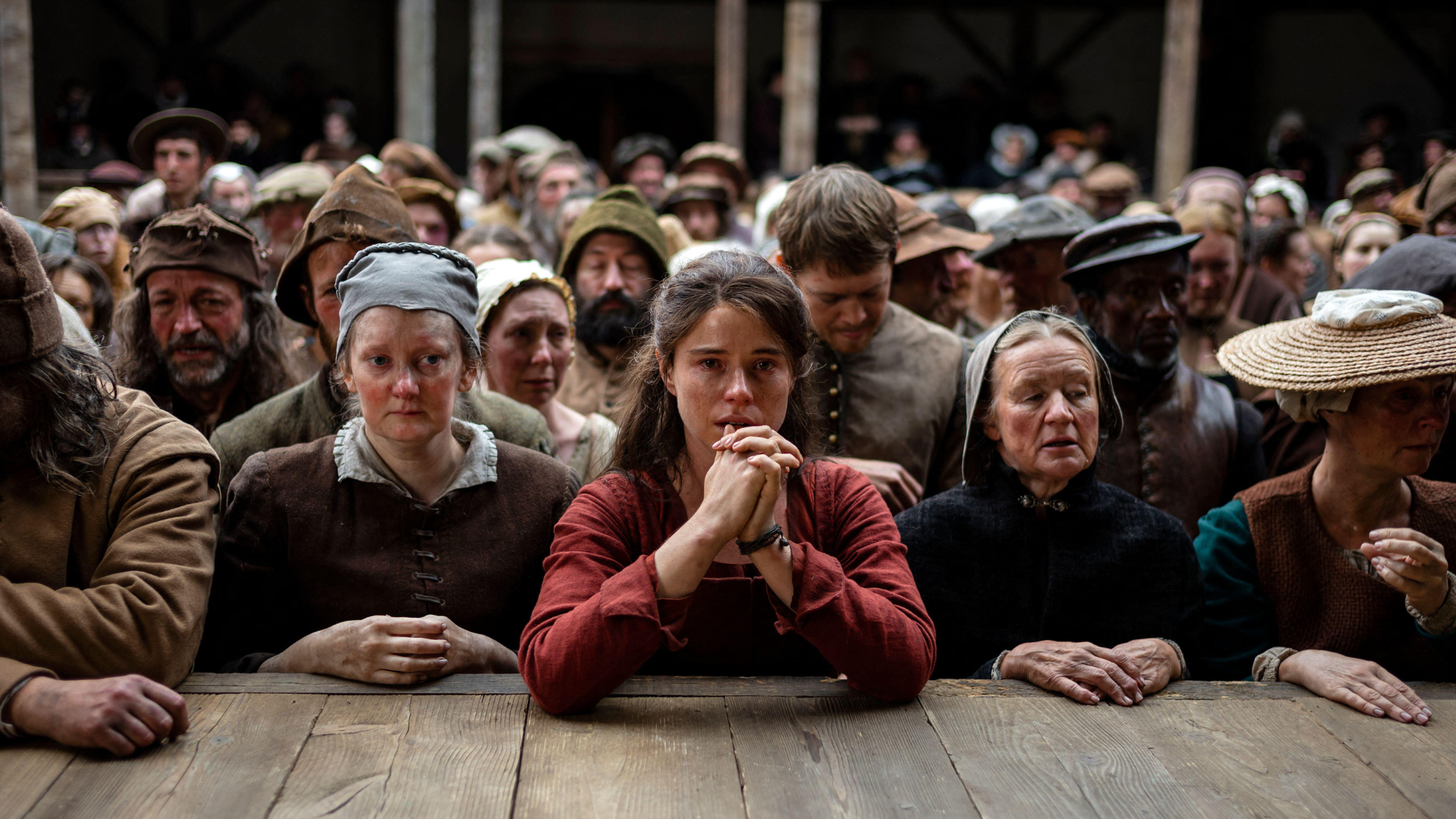 Hamnet: a ‘slick weepie’ released in time for Oscar glory?
Hamnet: a ‘slick weepie’ released in time for Oscar glory?Talking Point Heartbreaking adaptation of Maggie O’Farrell’s bestselling novel has a ‘strangely smooth’ surface
-
 ‘Furious Minds: The Making of the MAGA New Right’ by Laura K. Field and ‘The Dream Factory: London’s First Playhouse and the Making of William Shakespeare’ by Daniel Swift
‘Furious Minds: The Making of the MAGA New Right’ by Laura K. Field and ‘The Dream Factory: London’s First Playhouse and the Making of William Shakespeare’ by Daniel SwiftFeature An insider’s POV on the GOP and the untold story of Shakespeare’s first theater
-
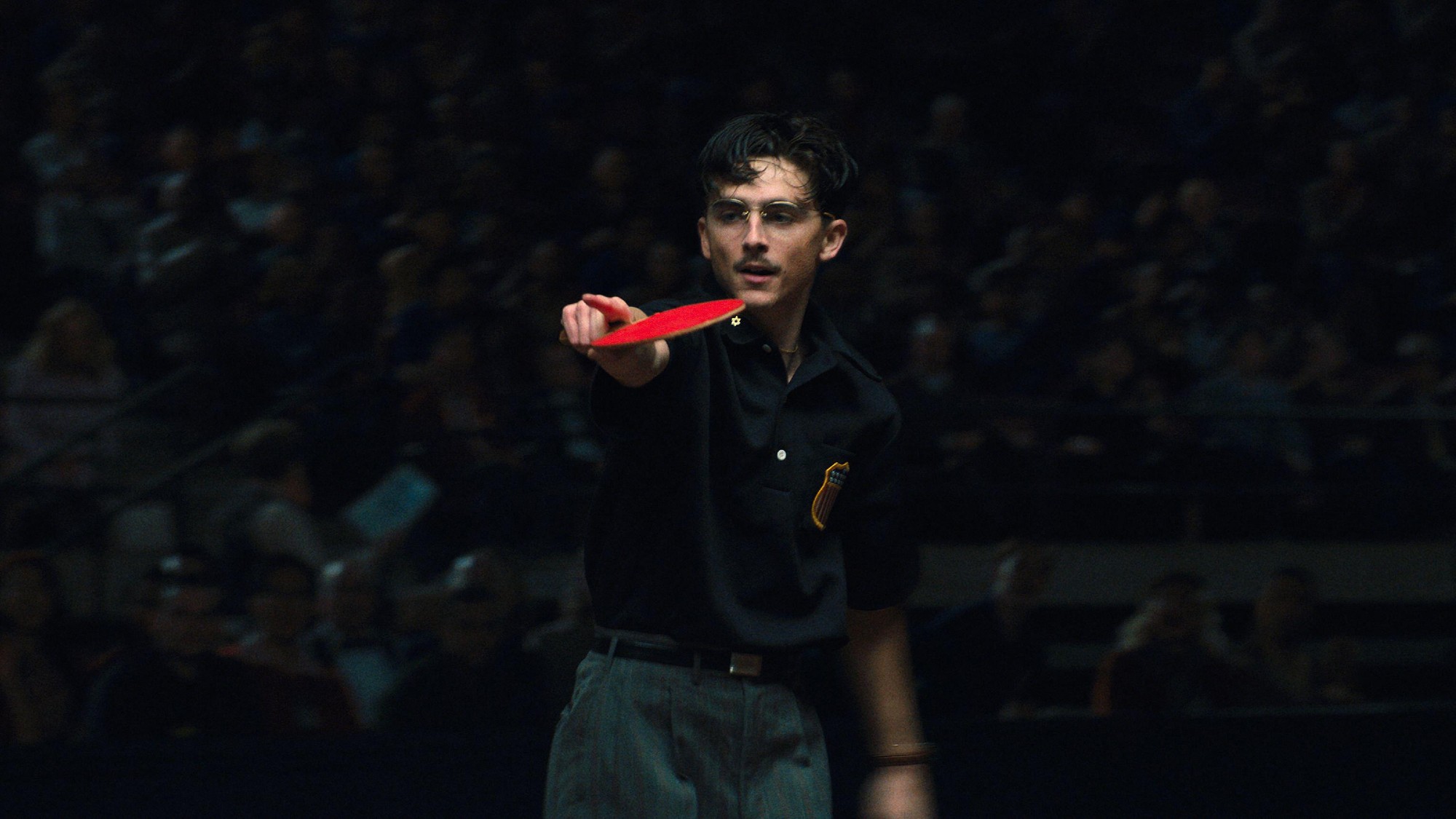 The real tragedy that inspired ‘Hamlet,’ the life of a pingpong prodigy and the third ‘Avatar’ adventure in December movies
The real tragedy that inspired ‘Hamlet,’ the life of a pingpong prodigy and the third ‘Avatar’ adventure in December moviesThe Week Recommends This month’s new releases include ‘Hamnet,’ ‘Marty Supreme’ and ‘Avatar: Fire and Ash’
-
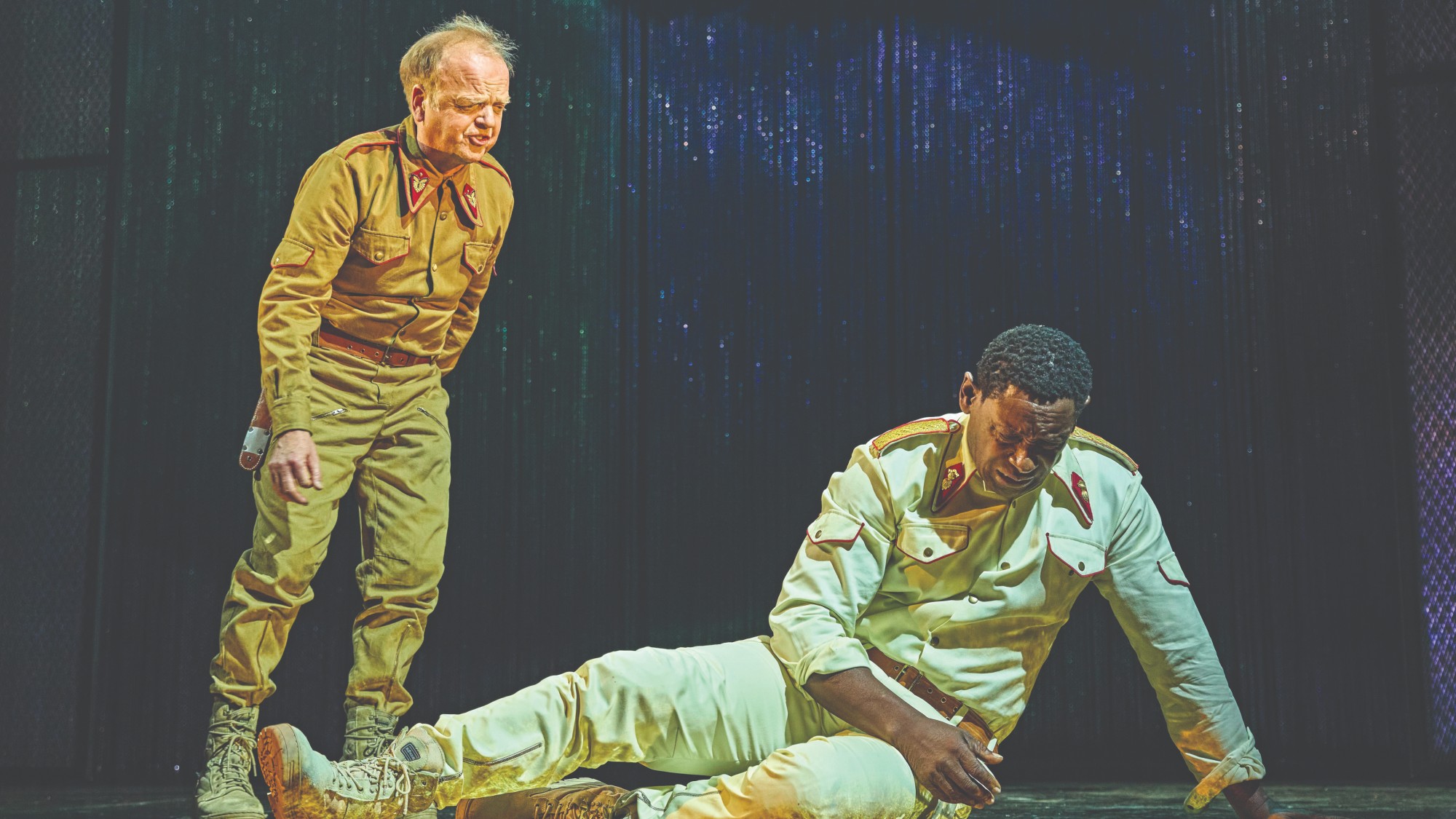 Othello: a ‘deeply nasty tale of murder and manipulation’
Othello: a ‘deeply nasty tale of murder and manipulation’The Week Recommends Toby Jones and David Harewood star in Tom Morris’s take on Shakespeare’s tragedy
-
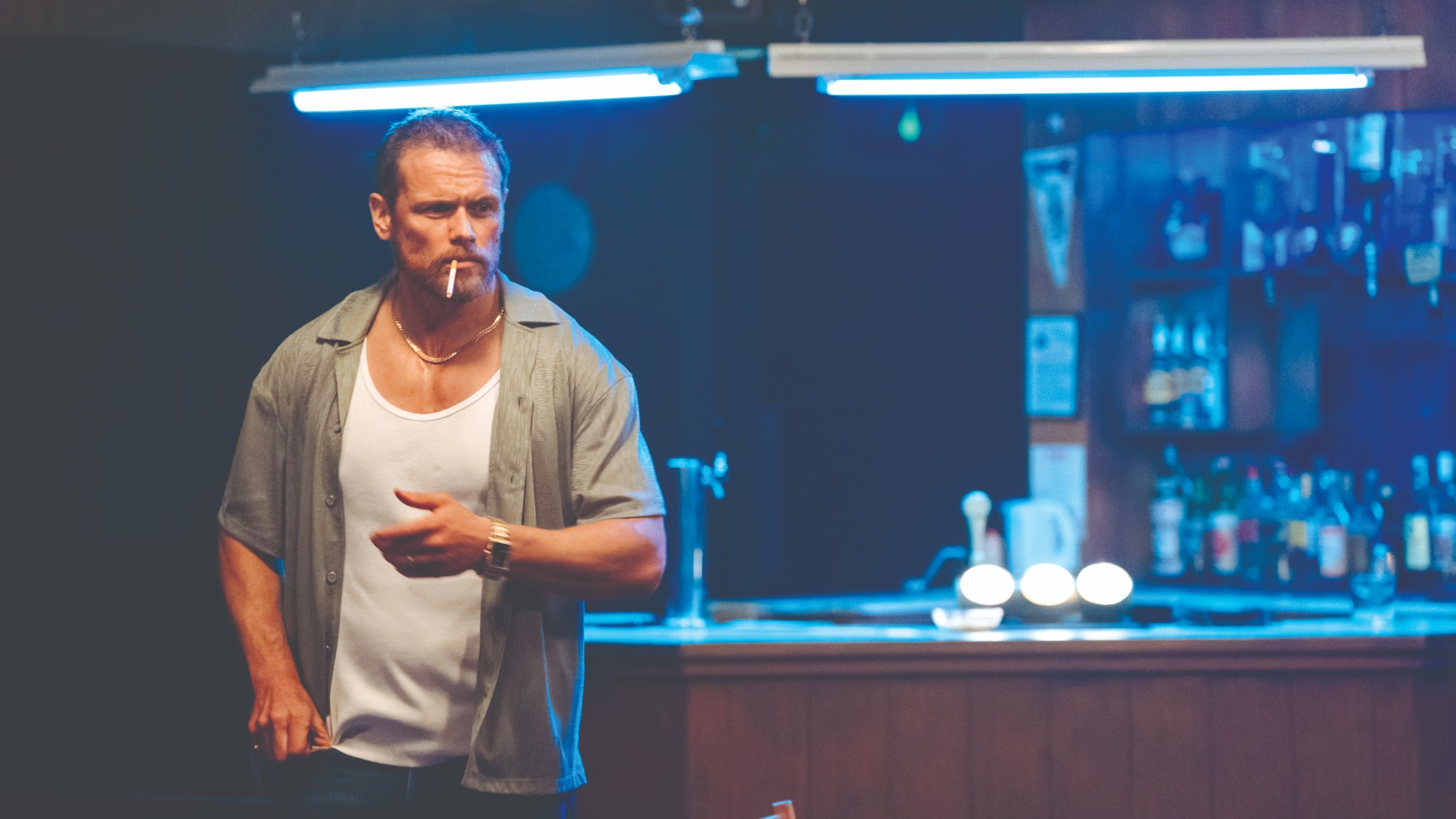 Macbeth: a ‘genuinely scary’ production
Macbeth: a ‘genuinely scary’ productionThe Week Recommends Daniel Raggett’s nightmarish modern-day staging is set in a boozer in gangland Glasgow
-
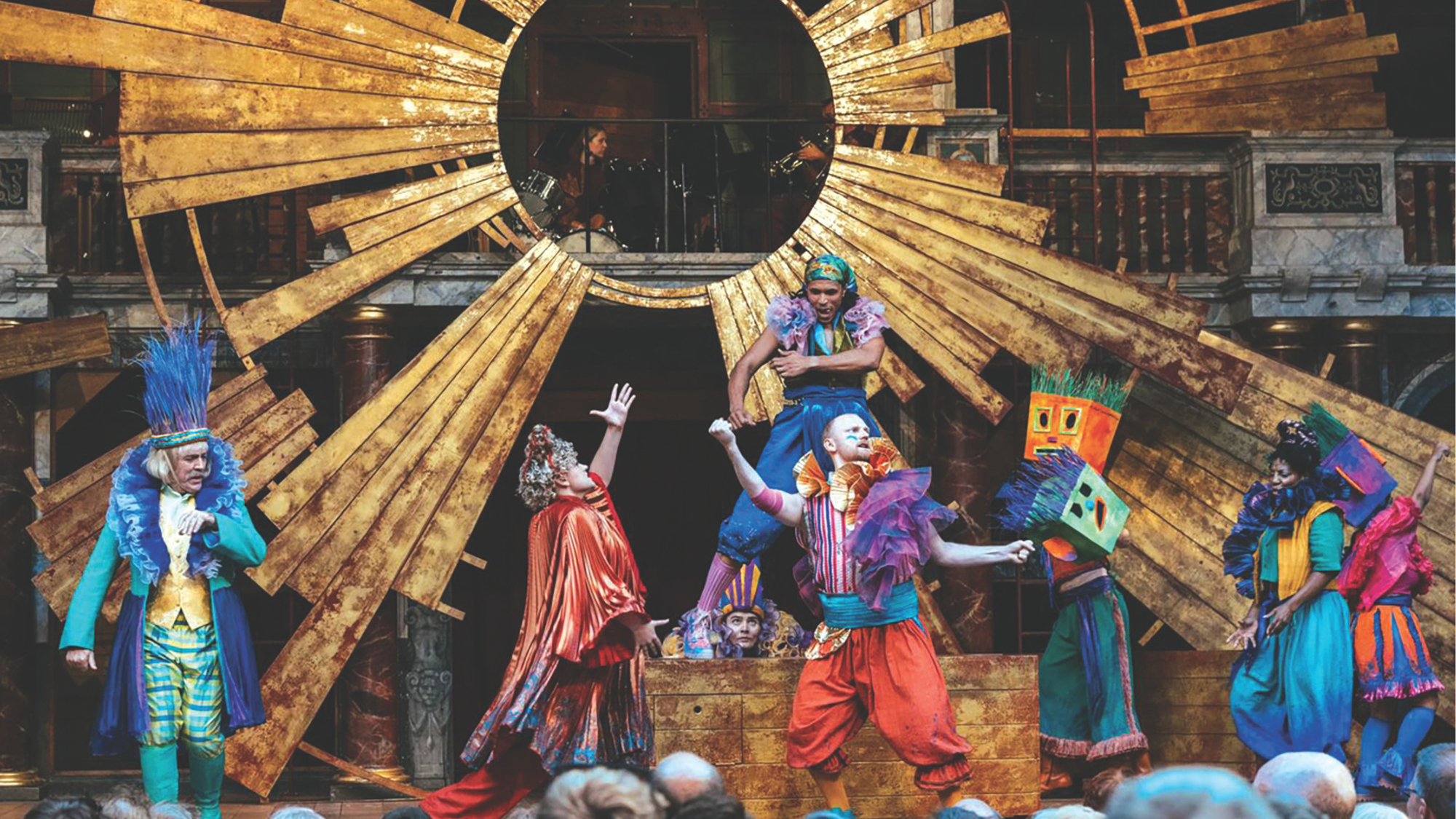 Twelfth Night or What You Will: a 'riotous' late-summer jamboree
Twelfth Night or What You Will: a 'riotous' late-summer jamboreeThe Week Recommends Robin Belfield's 'carnivalesque' new staging at Shakespeare's Globe is 'joyfully tongue-in-cheek'
-
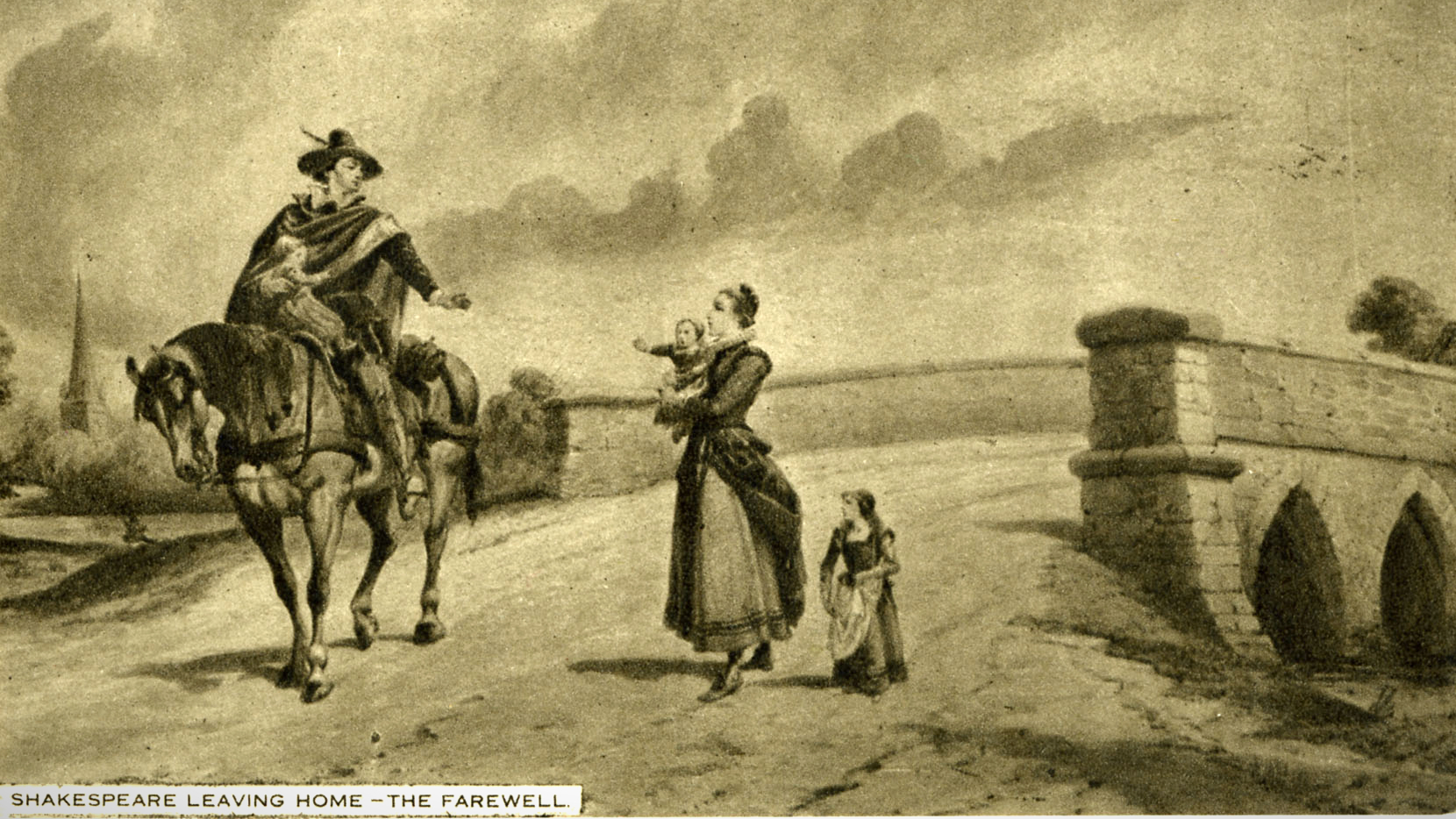 Shakespeare not an absent spouse, study proposes
Shakespeare not an absent spouse, study proposesspeed read A letter fragment suggests that the Shakespeares lived together all along, says scholar Matthew Steggle
-
 Much Ado About Nothing: Tom Hiddleston and Hayley Atwell deliver 'full-on fiery and fleshy' performance
Much Ado About Nothing: Tom Hiddleston and Hayley Atwell deliver 'full-on fiery and fleshy' performanceThe Week Recommends Jamie Lloyd's adaptation of Shakespeare classic leans on '1990s pop favourites'